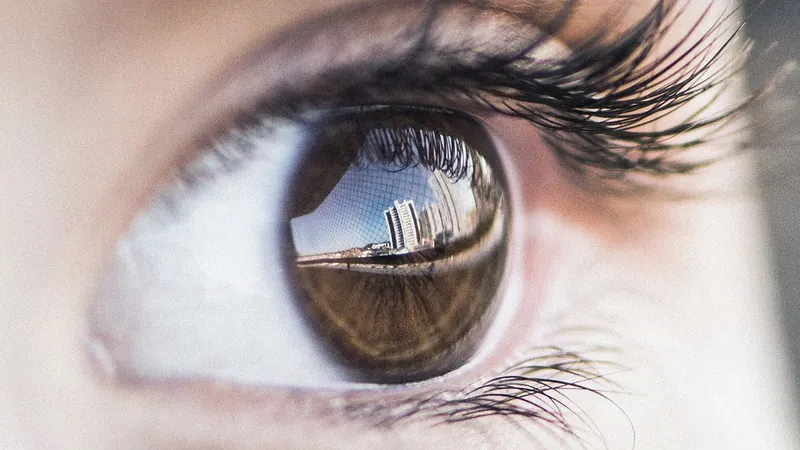
Breakthrough in Vision Restoration: Elon Musk's Neuralink to Implant ‘Blindsight’ Chip in Humans by 2025!
2025-03-31
Author: Jia
In an ambitious move that could redefine the future of vision restoration, Elon Musk has announced that Neuralink is set to implant its revolutionary 'Blindsight' chip in its first human patient by the year 2025. This groundbreaking technology aims to provide a solution for those suffering from profound blindness.
Musk, speaking at a recent event, cautioned that expectations should be tempered. The initial capabilities of the Blindsight chip will only offer low-resolution vision, akin to "Atari graphics" for individuals who are blind. However, he emphasized that with time, the technology is expected to evolve, eventually providing what he describes as "superhuman" vision.
The Blindsight device has been under development for a few years and has shown promising results in primate trials. Musk claims that it could potentially allow individuals who have lost both eyes—or even those blind from birth—to experience vision again. This claim has generated both excitement and skepticism within the medical community.
The device consists of a microelectrode array that gets implanted in the visual cortex, the critical area of the brain that processes visual information. By relaying data from a camera, the chip stimulates nerve cells in the visual cortex, mimicking the appearance of sight.
In a significant endorsement, the U.S. Food and Drug Administration (FDA) granted Blindsight 'breakthrough' status in September 2022, a designation that accelerates the review of medical devices that demonstrate potential in treating life-threatening conditions. However, experts remain cautious.
Despite the hype surrounding the Blindsight chip, some researchers are wary of Musk's assertions, emphasizing that while the device might enhance navigation for the blind, it should not be viewed as a full replacement for traditional aids like canes or guide dogs. Philip Troyk, a biomedical engineer at the Illinois Institute of Technology, pointed out, "At best, we’re talking about something that’s augmentative to a cane and a guide dog; not something that replaces them."
As Neuralink prepares for human trials, the world watches closely, torn between hope and skepticism. Will the Blindsight chip fulfill its promise, or will it end up being another well-meaning technological endeavor that doesn’t fully deliver? Only time will tell as we approach 2025!
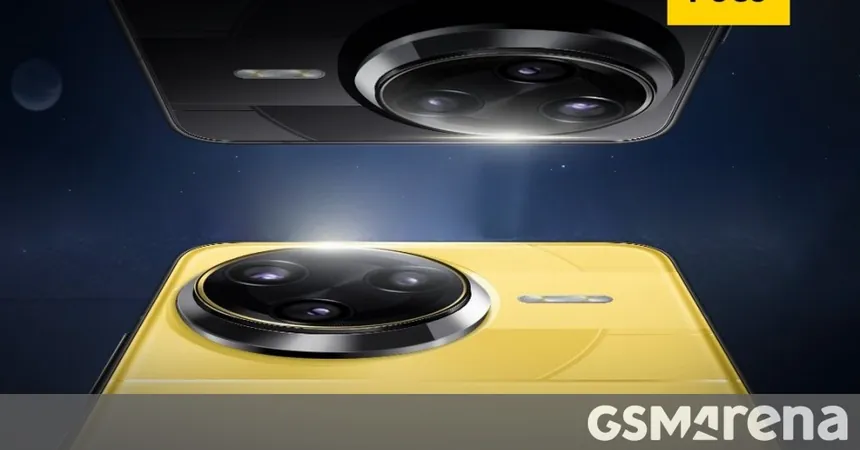
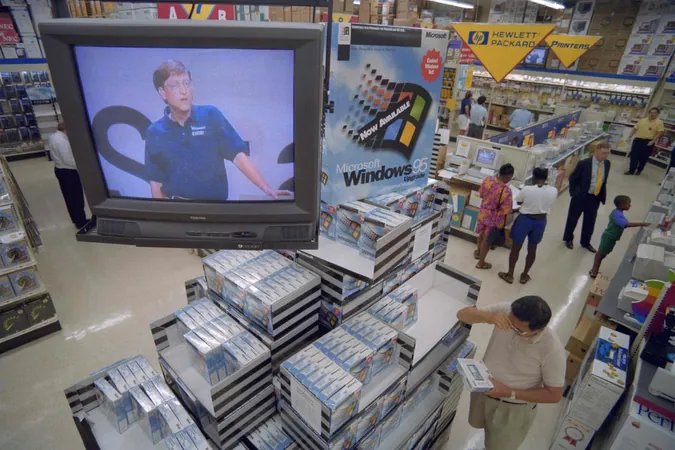
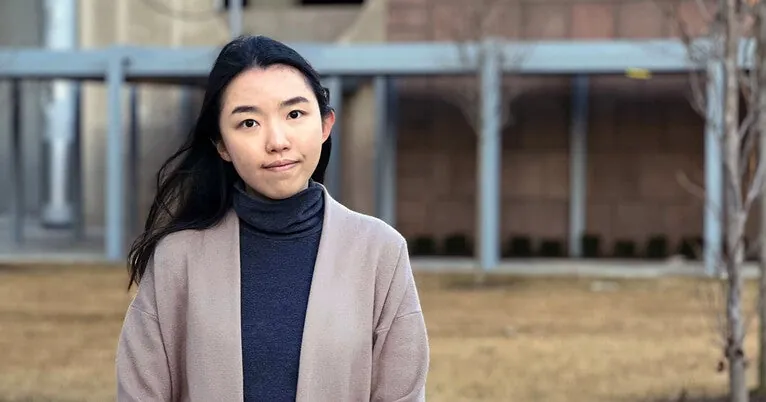
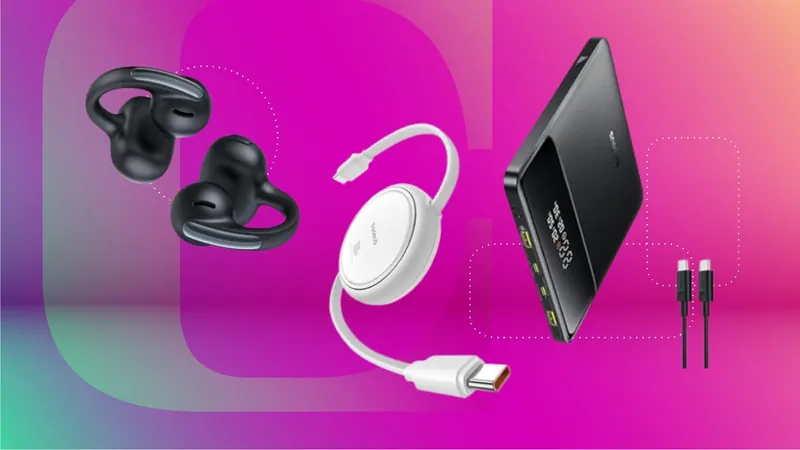
 Brasil (PT)
Brasil (PT)
 Canada (EN)
Canada (EN)
 Chile (ES)
Chile (ES)
 Česko (CS)
Česko (CS)
 대한민국 (KO)
대한민국 (KO)
 España (ES)
España (ES)
 France (FR)
France (FR)
 Hong Kong (EN)
Hong Kong (EN)
 Italia (IT)
Italia (IT)
 日本 (JA)
日本 (JA)
 Magyarország (HU)
Magyarország (HU)
 Norge (NO)
Norge (NO)
 Polska (PL)
Polska (PL)
 Schweiz (DE)
Schweiz (DE)
 Singapore (EN)
Singapore (EN)
 Sverige (SV)
Sverige (SV)
 Suomi (FI)
Suomi (FI)
 Türkiye (TR)
Türkiye (TR)
 الإمارات العربية المتحدة (AR)
الإمارات العربية المتحدة (AR)